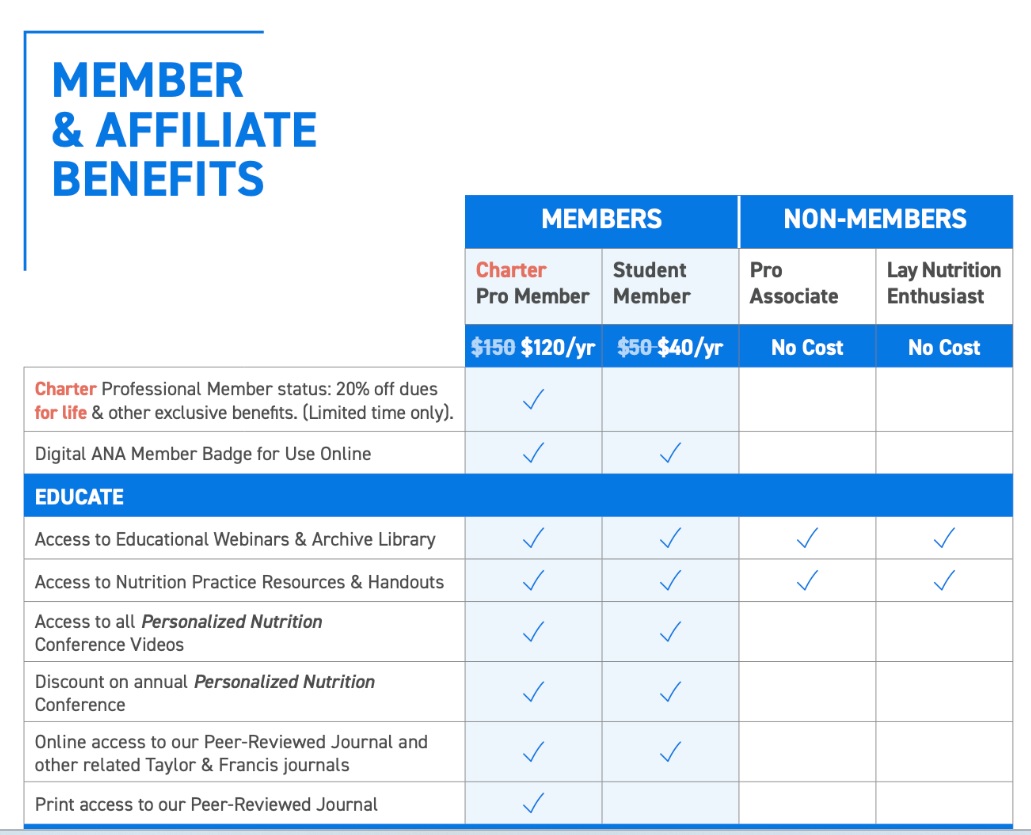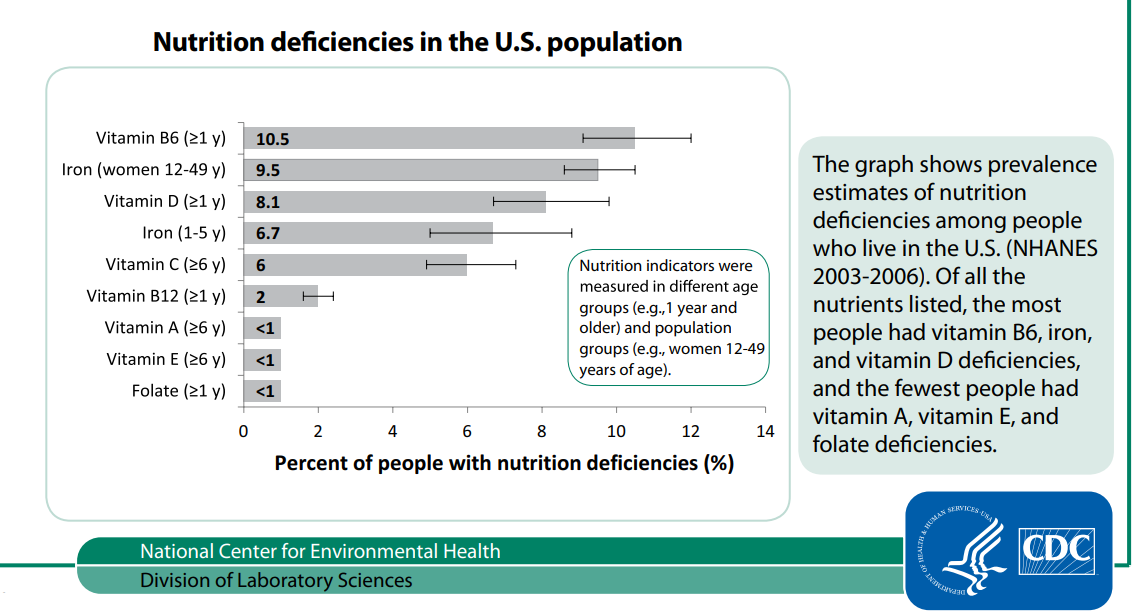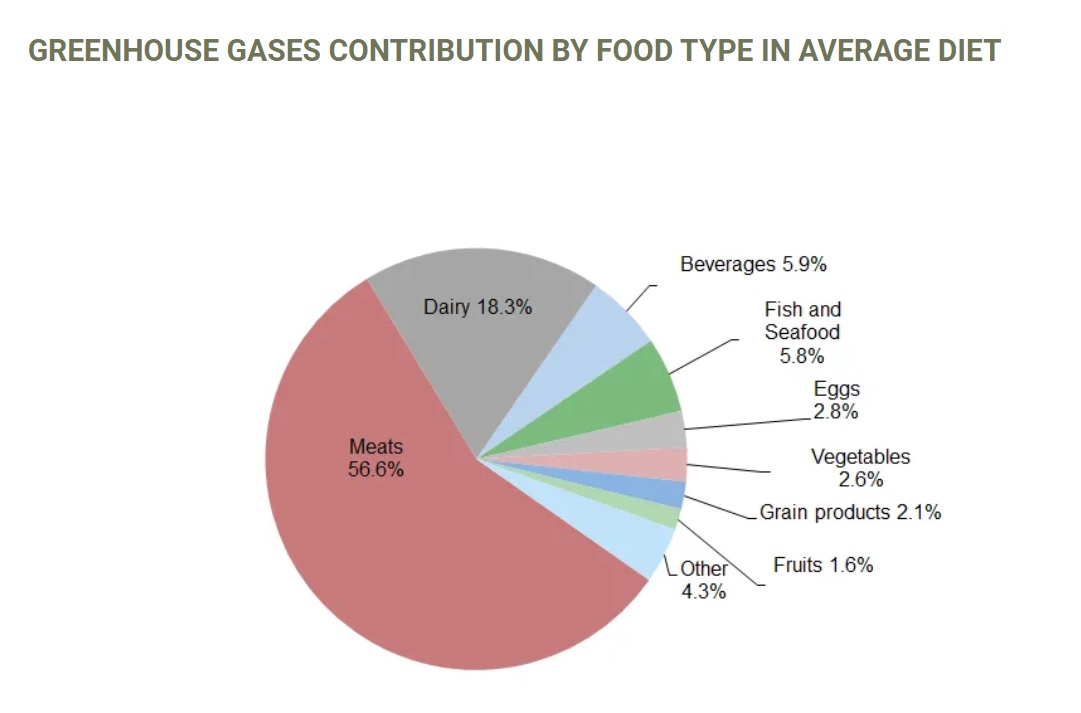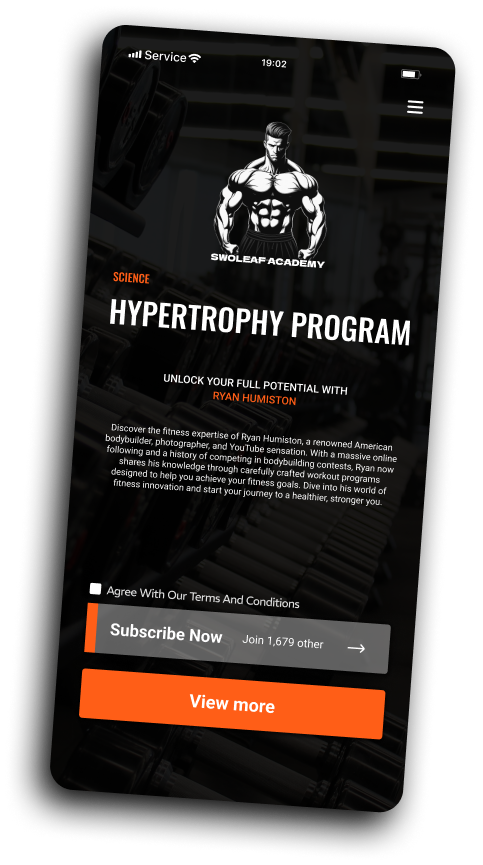Nutrition is like a puzzle, with nutrients from food as the pieces that keep us healthy and energized. If you are looking for nutrition information, the American Nutrition Association (ANA) is the place. They help people understand what proper nutrition is and why it is important for their health.

Nutrient shortages are serious around the world – for example, iron deficiency affects 1.62 billion people, vitamin D impacts over 1 billion, and 6% of US adults lack vitamin B12. However, ANA hopes to lower the number of people suffering from nutritional deficiency and help with their overall health.
ANA’s Story: The Path to Better Food Choices
Way back in 1959, the American College of Nutrition (ACN) kicked off with a mission: making nutrition and medical science available for people’s health. They even introduced a Certified Nutrition Specialist (CNS) credential that set a high bar. ACN buddied up with other nutrition groups, and by 2013, they launched the Center for Nutrition Advocacy (CNA) to push for better rules. Then in 2015, the Accreditation Council for Nutrition Professional Education (ACNPE) joined the party, making sure top-notch nutrition education got a thumbs-up. All these teams joined forces and formed the American Nutrition Association (ANA) to talk about personalized nutrition.
Membership Categories at the American Nutrition Association
The American Nutrition Association (ANA) is like a big, friendly family that welcomes everyone!
Doctors, researchers, students, and those intrigued by food and health can all find a place to connect within ANA. They offer different types of memberships:
- Professional Member: If you work in nutrition as a doctor, researcher, or teacher.
- Student Member: If you’re a medical student studying nutrition.
- Professional Associate: Even if you’re not directly in nutrition but care about it, like people in healthcare.
- Nutrition Enthusiast: For anyone super interested in nutrition, even if it’s not their job.

ANA’s Comprehensive Nutrition Programs:
The American Nutrition Association with its partners has accomplished so much and educated people about nutrition. Not only that, they also have other various certifications, advocate for people to eat healthy food, and unite different food-related professionals.
The conference called ‘Personalized Nutrition’ is hosted every year by the ANA which is a major event for different health professionals to exchange knowledge and learn.
- They release the peer-reviewed “Journal of the American College of Nutrition”, where they share the latest scientific studies about nutrition.
- They improve learning by accrediting master’s degree programs in clinical nutrition.
- ANA manages the “Certified Nutrition Specialist” (CNS) credential, a top certification for personalized nutrition experts.
- They provide training and certification in specific nutrition areas.
- ANA sets standards for personalized nutrition training and practice.
- To build from past achievements with a simple mission: to be able to support all nutrition experts so they can make the most of their skills and knowledge. To be able to empower them to shine, matching their training and expertise every step of the way!
- Creating an ecosystem of collaborative stakeholders within the nutrition field.
Efforts to Spread Nutrition Awareness:
- Nutrition Lessons: Imagine ANA as your friendly nutrition teacher who has important webinars and easy-to-read materials to help people understand why proper nutrition is important.
- Informative Reads: ANA is your go-to magazine for everything about food and health. They share with us various articles and reports that tell us the importance of healthy eating.
- Online Help: ANA also has a useful website with blogs, videos, and games that you can explore whenever you want.
- Cool Campaigns: ANA runs catchy campaigns to make healthy eating exciting! You might see their posts on social media or fun ads that remind you to grab an apple instead of a candy bar.
- Community Fun: ANA also gets involved with the local communities by having events and workshops and connecting with schools.
- Healthy Rules: ANA is also involved with making rules that promote the importance of nutrition. It does this by talking about the importance of clear labels on food and making healthier snacks available in schools.
- Sharing Discoveries: ANA shares what they learn from research about food and health, so you’re always in the know.
- Nutrition Gurus: ANA helps people who want to be nutrition experts. People can choose from the different training programs and courses on nutrition.
Nutrients and Their Importance on Health:
- Protein: It’s essential for our body, making hormones and supporting the immune system. You can find it in foods like fish, meat, nuts, and seeds.
- Carbohydrates: They’re our body’s primary fuel and come from grains (like rice and bread), fruits, veggies, and dairy.
- Fats: Healthy fats help with energy, cell structure, absorbing vitamins, brain health, and hormones.
- Vitamins & Minerals: These are like helpers for the body, boosting metabolism, immunity, bone strength, and energy. You can get them from fruits, veggies, whole grains, lean meats, dairy, nuts, seeds, and foods with added vitamins.
- Fiber: It’s a digestion ally, and helps cholesterol, blood sugar, fullness, and weight control.
- Antioxidants: They’re like health bodyguards, protecting cells from harm. You can find them in colorful fruits and veggies, nuts, seeds, whole grains, green tea, dark chocolate, and spices like turmeric.
- Calcium: For strong bones, muscles, nerves, and blood clotting. Get it from dairy, plant-based milk, leafy greens, cereals, tofu, almonds, and sardines with bones.
- Iron: Like an oxygen delivery person, it makes energy and strengthens your immune system. Sources of iron include lean meats, fish, beans, lentils, tofu, cereals, spinach, pumpkin seeds, and quinoa.
ANA’s Global Impact: Nutrition Partnerships & Solutions
The American Nutrition Association (ANA) is active internationally, addressing global malnutrition and health issues through research, education, advocacy, and partnerships:
- Capacity Building: ANA partners with organizations to train local healthcare and community leaders.
- Malnutrition Solutions: ANA fights malnutrition, including undernutrition and deficiencies.
- Cultural Sensitivity: ANA respects cultures and collaborates for sensitive nutrition solutions.
- Cross-Cultural Exchange: ANA promotes learning through global conferences and workshops.
- Disaster Relief: ANA aids in emergencies, helping with nutrition in crisis areas.
Addressing Challenges Faced by ANA in Achieving Its Mission
ANA fights wrong information by creating real content and correcting myths about nutrition by partnering with experts.
- Misinformation and Conflicting Advice: ANA faces the challenge of navigating through misinformation and contradictory dietary advice available online and in media, striving to establish itself as a trusted and reliable source.
- Health Disparities: While ANA aims to improve nutrition outcomes for everyone, addressing health disparities related to access to healthy foods and nutrition education is particularly complex, especially in underserved communities.
- Changing Food Trends: ANA must adapt its messaging to keep up with evolving food trends and dietary preferences, ensuring that its information remains relevant and aligned with current nutritional needs.
- Engagement and Outreach: Reaching out to a varied crowd involves employing imaginative approaches to captivate individuals spanning various ages, cultures, and walks of life.
- Resistance to Change: Encouraging individuals to adopt healthier dietary practices involves challenging deeply ingrained habits, which can lead to resistance and difficulty in promoting change.
Sustainable Nutrition: ANA’s Environmental Impact
- Enlightening Education: ANA is like your personal eco-nutrition guru. ANA helps us understand that the food choices we make not only affect our body but also makes a big impact on our planet.
- Green Guidelines: ANA has some interesting guidelines for sustainable eating and shows how to reduce your carbon footprint.
- Eco-Advocacy: ANA works with policymakers to make sure our food systems are eco-friendly. ANA is also a voice for the environment, supports sustainable farming and fights food waste.
- Environmental Insights: ANA also supports different forms of research and shows us how different diets and food production methods can protect our ecosystem.
- Eco-Awareness: ANA spreads the word about eco-friendly eating. You might see their posts online or catch their eco-friendly eating tips in magazines. This helps inspire people to make small changes which in the long run can have a big impact.
Guidelines for Engaging with the ANA
For those who want to get involved with the ANA, whether you are interested in getting more information about nutrition or want to contribute to their mission, here are some tips;
- Visit Their Website: Start by visiting ANA’s official website. This is often the hub of information about their programs, mission, and resources.
- Social Media: Like most organizations, ANA is also present in social media such as Facebook, Twitter and Instagram, where you can get updates on the latest news and events.
- Attend Webinars and Workshops: You can also help their website or social media pages for upcoming webinars, workshops, and events related to nutrition and health.
- Subscribe to Newsletters: Consider subscribing to ANA’s newsletters if they offer them.
- Participate in Programs: If you want to update your knowledge or skills in nutrition, ANA may offer educational programs and certification courses.
- Contribute to Research: If ANA is involved in research projects, you might have the opportunity to contribute your expertise or participate as a research subject. So, look out for calls on research participants and collaborators.
- Help with Advocacy: If you are passionate about nutrition and public health, you can back ANA’s efforts. You can do this by signing petitions, joining campaigns, or reaching out to your local leaders to support nutrition-related policies.
- Stay Updated: Nutrition is basically an evolving science and is always changing. Keep up with the latest news about nutrition and health, and engage with ANA in an open and curious attitude.
- Share Your Experiences: If you benefit from ANA’s programs or resources, consider sharing your positive experiences with others which helps spread awareness.
Personal Testimonials and Success Stories
Real people’s stories prove that ANA has brought positive changes to their lives and communities. Here are some examples of their successes:
- John’s Journey to Better Health: “After going to ANA’s workshops, I can read food labels and pick smarter options. With ANA’s help, I lost 30 pounds and feel super energetic!”
- Sarah’s Balanced Lifestyle: “The online community from ANA connected me with individuals who shared a similar path. Together, we uncovered enjoyable techniques for increasing our intake of fruits and vegetables, resulting in a profound positive change in my life.”
- Dr. Martinez’s Impact: “In my role as a healthcare professional, ANA has altered my approach to patient care. The factual information they provide empowers me to offer valuable health recommendations.”











